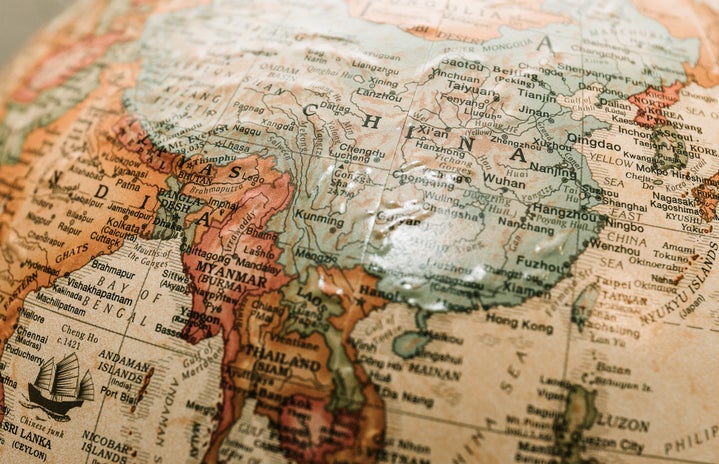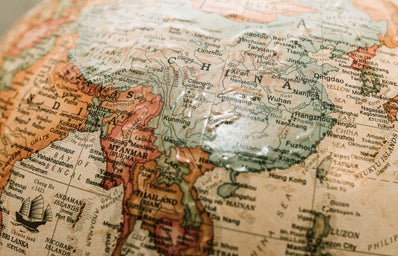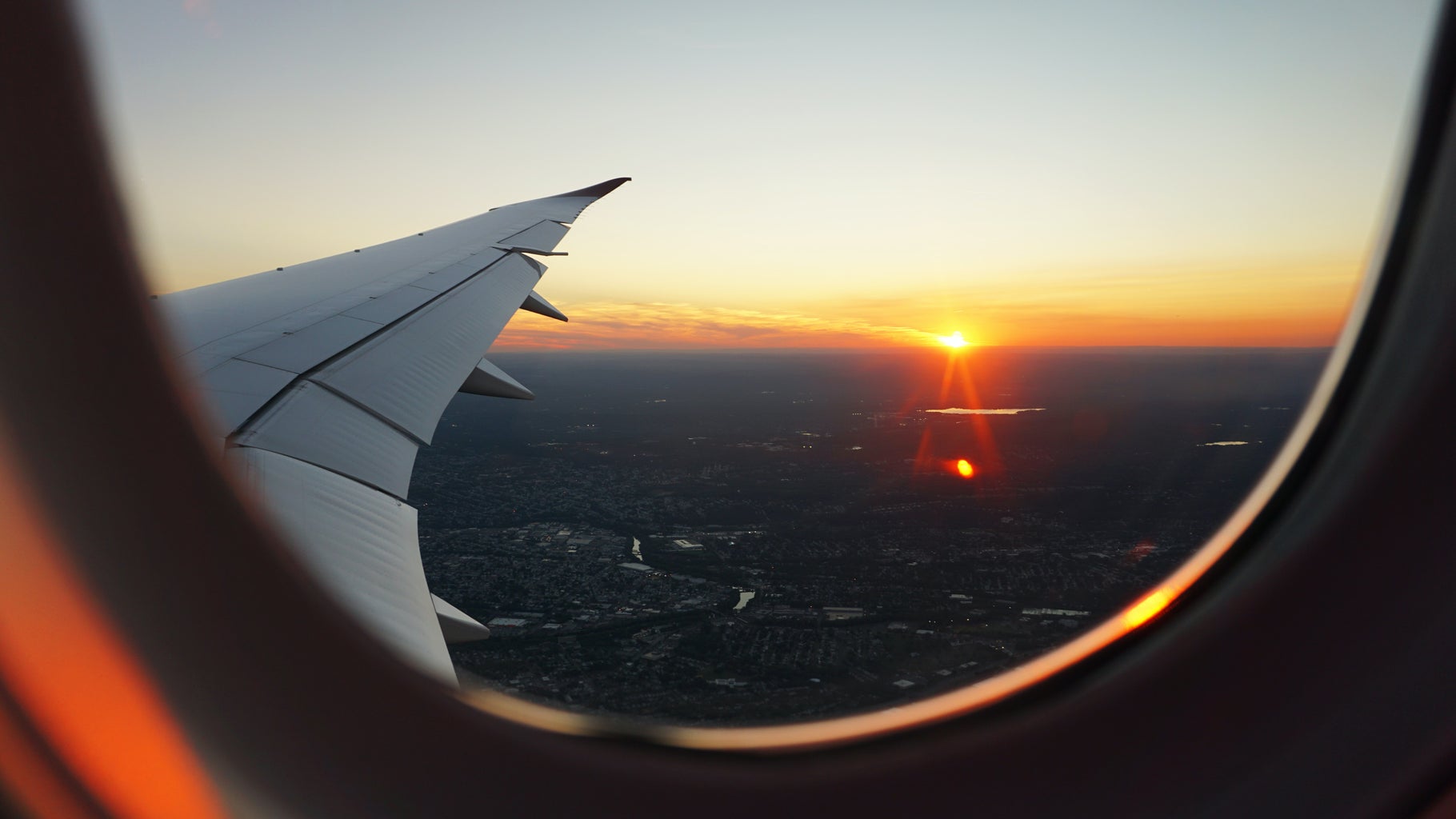Her Campus American journalists are free to express opinions. The opinions in this article are not representative of Her Campus American’s opinions as an organization.
From the age of three, I have had the privilege of traveling to places like Ethiopia, Japan and Tanzania for my parents’ archeological and anthropological research. I was exposed to the injustices of the world by traveling to the Global South.
Seeing communities with no access to clean water, food or education gave me a different outlook on life compared to many of my peers. My childhood experiences inspired me to not only be grateful for my privilege but to fight for change for those who are underprivileged.
During my time living in rural Ethiopia, one memory that made me realize just how different my life was there than at home was on the Fourth of July when I was seven years old. There was a group of about 30 people living in a guarded and gated old Catholic mission. Two of the researchers had secretly surprised everyone by buying fireworks to set off on the Fourth of July.
We all gathered around the lawn in a big circle while my dad set them off. Everyone was laughing and smiling until the guards told us that the locals had run to our compound with all their buckets of water. The guards explained the Fourth of July custom to them–but this story shows these are two different worlds.
One where the appearance of fire means that you have to selflessly use the rest of your water to stop your neighbor’s house from burning down, and another where we have the luxury to create and purchase fireworks for fun.
I once had two best friends over the summers growing up in Ethiopia: two twin girls, Hawi and Ayana. Their father was a local business owner in the area where my parents and I stayed while they worked.
The three of us spent days running around the countryside barefoot, braiding and combing our hair with sticks, and playing with baby goats.
Like many girls in rural low-income areas, they were never sent to school and only learned minimal English. The reason for the two different paths our lives took is no secret.
About three years ago, their family immigrated to the U.S. to start a new life.
The cultural differences and disparities that I was exposed in Ethiopia have helped me understand the inequalities that Americans typically learn later in life.
Through these experiences, I found that one of the reasons that Americans are divided and do not understand each other is that we do not understand each other’s backgrounds and cultures. We have become indoctrinated into thinking that anyone who lives their lives differently than us is abnormal and should not be accepted in our society.
Many colleges and universities offer study-abroad programs to expose students to different cultures.
American University’s study abroad program is ranked eighth nationally and draws students to the campus. AU prioritizes its abroad program to allow students to travel and experience other cultures which they can apply to their major.
There is a strong correlation between traveling, empathy and understanding one another, according to National Geographic. Author Ruby Terry discusses how through traveling, “cross-cultural exposure through travel would at least create conditions for checking conscious and unconscious biases.”
Terry found that out of 1,300 business travelers “87 percent said that business trips helped them to be more empathetic to others.”
My travels to rural Ethiopia shaped me into who I am today and changed my outlook on the world.



